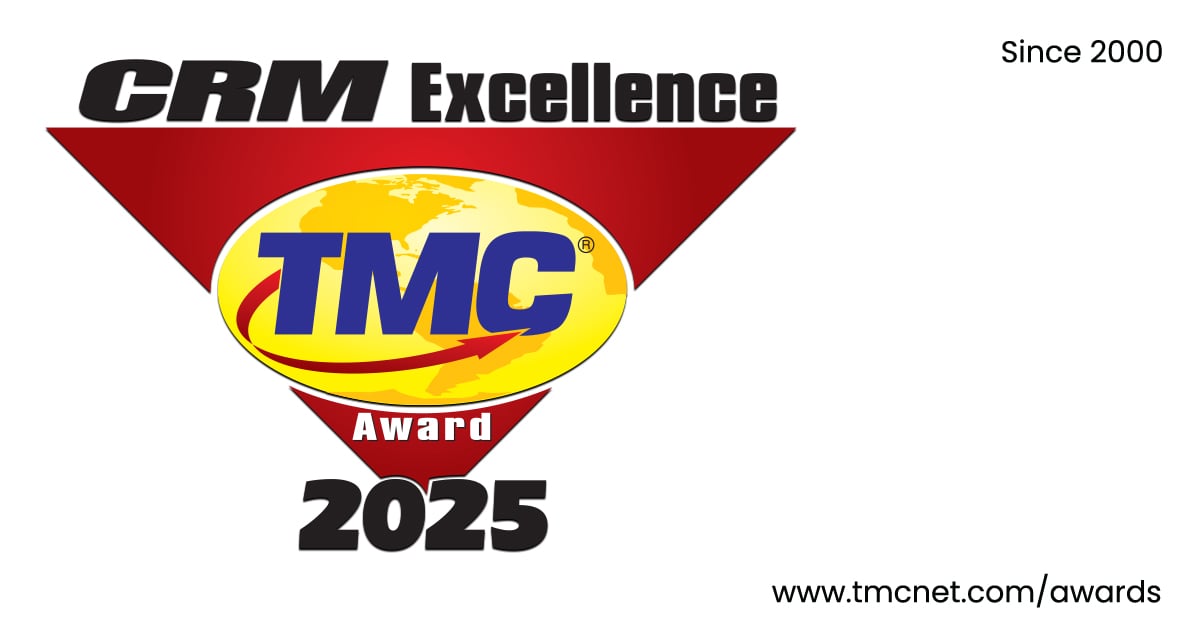
The days of getting by with lackluster customer service are gone forever. With online retail activity at its peak, digitally-present companies can no longer avoid the basic demands of customers without experiencing significant backlash, or worse, major drops in revenue. After all, why should customers conduct business with uncaring establishments, especially with so many alternatives available? With power being shifted back into the hands of consumers, businesses are turning to software to provide customers with the unique, personalized service expected in 2021.
Although expectations are higher in the online-focused post pandemic economy, a wide range of CX solution platforms are making it easy for businesses to offer customers positive experiences without much effort. Whether its with chatbots, self service portals, or personalized marketing, businesses can quickly integrate cutting edge tech resources to offer customers exceptional service. But many business leaders fail to realize they can elevate customer experiences even further with the support of Knowledge Management(KM) systems.
KM Systems are essentially software programs which compile and analyze data from different areas of a business, in order to gain acute insights to improve operations for both employees and customers. These systems differ from CX solutions, which are solely focused on collecting consumer data. With a KM system, businesses can incorporate data from a wider range of sources when analysing process, to gain a more holistic understanding of where and how to make adjustments.
For instance, KM systems can be used to analyze communications data to uncover how individual customers respond to certain phrases or questions, so agents have a better idea of how to approach future conversations. KM systems also make it simple to pull historical data for training purposes, so agents can prepare for problematic situations. Product developers can also utilize KM Systems to compile comments and reviews, so future products and services can be adjusted to fall in line with customer desires, ultimately leading to improved sales performance.
At a bare minimum, businesses should be investing in basic CX solutions to ensure customer needs are never neglected. But why stop there? With the additional support of KM systems, users will be able to form stronger relationships with customers, streamline processes, and discover new paths for revenue growth within a unified framework.
Edited by
Luke Bellos





